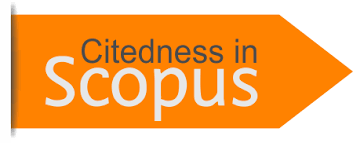Self-Efficacy in Career Decision-Making among Trauma Institutionalised Adolescents in Malaysia: A Pilot Study
Keywords:
PTSD, self-efficacy, career decision-making self-efficacy, trauma adolescents, preliminary studyAbstract
Worldwide, the current health, social and economic issues have added uncertainty to the difficulties associated with labour market changes brought about by technological advances. Marginalisation has increased challenges to institutionalised adolescents in coping with and adapting to traumatic conditions and future careers. Hence, the objective of this study was to scrutinise a pilot test process using a proposed model and analyse the usability and reliability of this study’s survey questionnaire. A preliminary study was conducted to determine the prevalence of PTSD symptoms and self-efficacy in relation to career decision-making among adolescents in institutions before commencing the study’s main research. Forty-two (42) participants were selected from a single (1) children’s institution. Participants ranged in ages from 13 to 18 years, with 73.8 per cent (n=31) were females and 26.2 per cent (n=11) were males. A general self-efficacy and career decision-making self-efficacy instrument, Post-traumatic Checklist-5, was used in this study. Cronbach alpha results of all constructs in the proposed model ranged from 0.801 to 0.906, indicating that the constructs were reliable and that the questionnaires were acceptable for future large-scale research. Preliminary results showed a significant difference on all scales (PCL-5, GSE and CDMSE) between male and female participants. The evidence from this study should be used by counsellors and policymakers who seek to optimise career guidance and counselling practices for adolescents in institutions. In addition, brief recommendations for future research and practices are provided.















